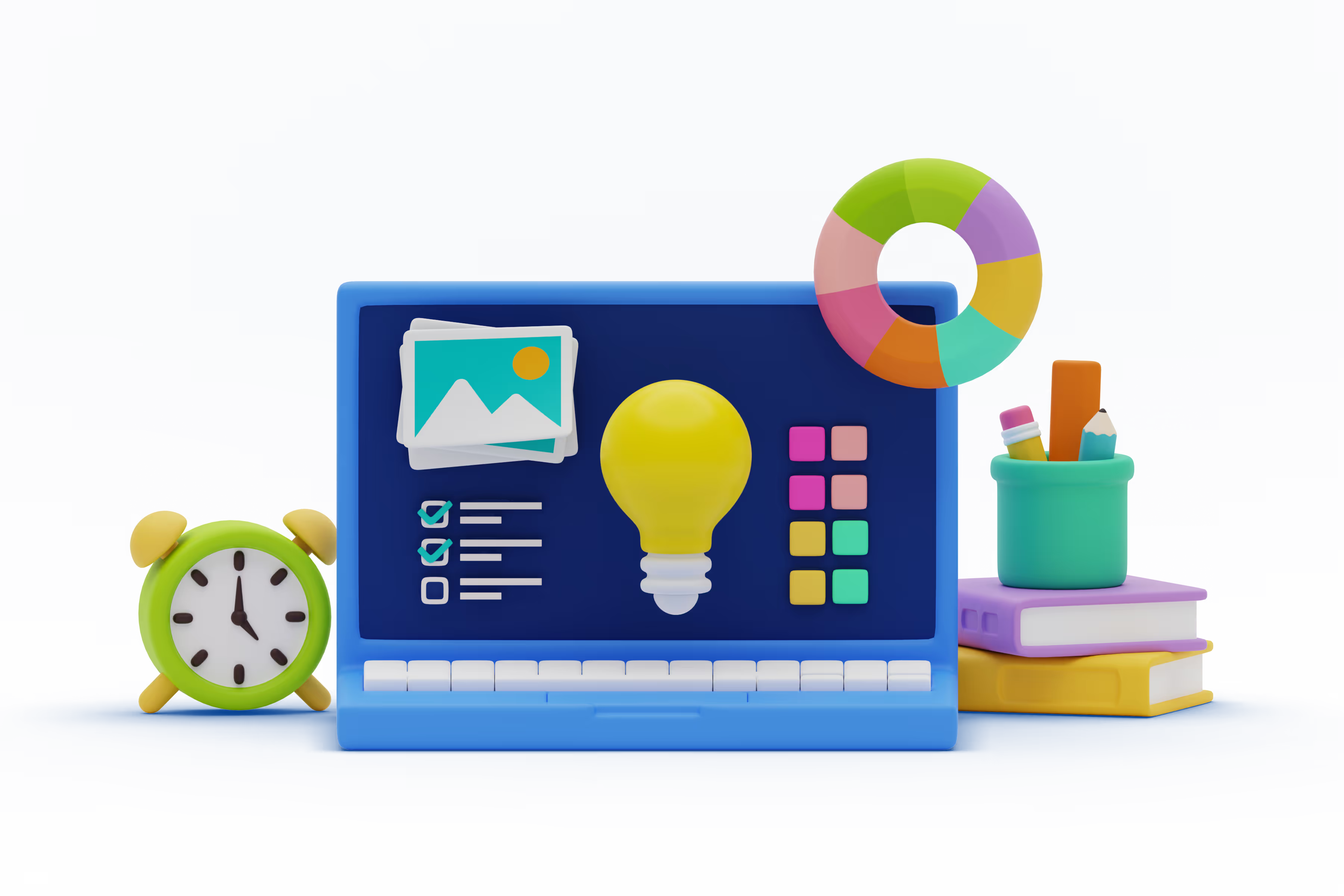IGCSE Computer Science introduces students to the fundamental principles of computer science and their application in various technological contexts. Students learn about computer systems, data representation, programming concepts, algorithms, and problem-solving techniques. The syllabus covers topics such as hardware, software, emerging technologies, etc. Practical skills in programming and algorithm design are emphasized, preparing students to understand and utilize computational thinking in solving real-world problems.
Cambridge 0478
IGCSE Computer Science

Peer Crafted Study Notes
The notes here are hand made by students for students ensuring that they are written from a similar perspective, ultimately making it easier to comprehend and learn from. We strive to retain short yet comprehensive notes. Hence, you will see us hitting all the important concepts and details you could possibly need without making it too wordy. Whether it's for last minute revision, or understanding the whole concept, we got you!
Authors
Minal, Faizan Ali, Rumman
Syllabus Year
2023-2025
Full Syllabus Coverage
Immerse yourself in carefully crafted subject specific notes by our continuously hardworking team! Our notes are specially made to cover the whole IGCSE or A-level syllabi with a good eye for the most frivolous of details, up to the most crucial concepts. As students we always doubt if we accidentally dropped an important concept or missed a pivotal detail, with our notes you won’t need to worry any longer. We cover everything you need to know to ace your exam, so don’t worry, you’ll be getting a good night’s sleep before your exams!
Data Representation
Understanding how data is represented in computers, including binary systems, hexadecimal, ASCII, and Unicode.
Data Transmission
Study of how data is transmitted over networks, including serial and parallel transmission, error detection methods, and data compression.
Hardware
Exploration of computer hardware components, their functions, and their interaction within a computer system.
Software
Understanding different types of software, including system software (operating systems, utilities) and application software.
The Internet and its Uses
Study of the internet's structure, protocols, and services, including web browsers, email, cloud computing, and cybersecurity.
Automated and Emerging Technologies
Exploration of new and emerging technologies, such as artificial intelligence, robotics, and their applications in various fields.
Algorithm Design and Problem-Solving
Understanding how to design algorithms for problem-solving, including flowcharts, pseudocode, and different algorithmic techniques.
Programming
Learning programming concepts, syntax, and structures in various languages. Covers variables, data types, control structures, and functions.
Databases
Introduction to database concepts, including data organization, relational databases, SQL, and data manipulation.
Boolean Logic
DStudy of Boolean algebra, logic gates, and their application in designing and understanding digital circuits and logical expressions.